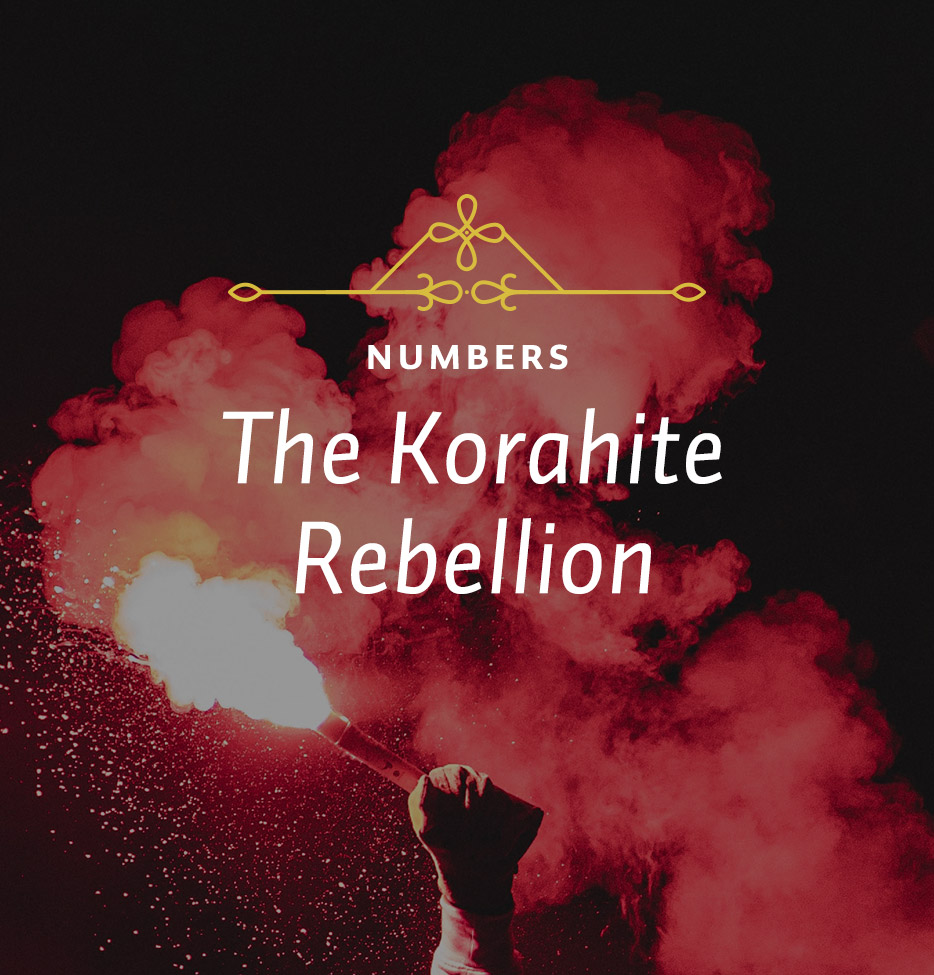Third, the offerings of the Jewish priests were types pointing to the way of salvation, but Jesus Christ’s offering of Himself was the one, true, and only way of salvation. The author of Hebrews makes very clear that those sacrifices under the Old Testament system had to be repeated again and again, because the blood of sheep and goats could never take away sin. How could the killing of an animal possibly atone for the sin of human beings? But when Jesus Christ, the holy Lamb of God, offered up Himself and died in our place, that was the only sufficient sacrifice. By that one sacrifice He takes away forever the sins of those who trust Him.
Fourth, unlike the sacrifices of the ancient priests, which had to be repeated daily because they were types and not the reality, the sacrifice of Jesus Christ was once for all and eternal. The author of Hebrews points out in chapter 10 that there were no chairs in the tabernacle. A priest could never sit down. They had to keep working because their work was never finished. But Hebrews 10 tells us that after Jesus offered up Himself as a sacrifice, He was seated at the right hand of the almighty God in heaven. His work was finished, and finished forever (see v. 12).
We can apply this in two ways. The first is that these chapters in the Old and New Testaments teach that there is salvation in no one other than Jesus Christ. God has established how we can approach Him. There must be an atonement for our sin by a sacrifice. God has appointed Jesus Christ to be both the sacrifice for our sin and the Mediator who intercedes for us in heaven before the Father. Aaron occupied that role of mediator for a short time and stayed the plague. The apostle Paul writes, “For there is one God and one mediator between God and men, the man Christ Jesus” (1 Tim. 2:5). The Lord Jesus Christ was that one perfect Mediator, and there is no salvation apart from Him.
The second application is that anyone who would detract from Christ’s priesthood or glory, discounting His atoning work, is in deadly peril. The failure of Korah, Dathan, Abiram, and their followers was not only a failure to come to God in the way He had appointed. They were trying to insinuate themselves into the holy office, trying to set up another way of approaching God, another religion. On the outside it had some similarities. There were to be sacrifices, and the priests were to wear the robes and observe the holy days, and other things. But that was not the religion God had appointed. When they did this on their own, what they were really doing was trying to work out a way of salvation apart from the shed blood of Jesus Christ. This is exactly what people are doing today, whether it be by other religions or philosophies, or other works through which to come to God. This despises the work of the very Son of God, and it is an affront to the God who has determined what shall be done and how we shall approach Him.
William Taylor wrote, “If you repudiate Christ’s death as a sacrifice for sin, if you fritter away the crucifixion into a martyrdom, if you deny the necessity for atonement of any sort, then are you kindred spirits with Dathan and Abiram, who maintained that all priesthood was unnecessary.”1
What do you suppose God thinks of a man or a woman who says, in effect, “It’s not necessary that Jesus Christ die; I can get to heaven on my own”? The story answers that. God takes rebellion again Him very seriously, and anybody who insists on that is going to be judged for it and perish hopelessly.
Hebrews also provides commentary on this point.
Anyone who rejected the law of Moses died without mercy on the testimony of two or three witnesses. How much more severely do you think a man deserves to be punished who has trampled the Son of God under foot, who has treated as an unholy thing the blood of the covenant that sanctified him, and who has insulted the Spirit of grace? For we know him who said, “It is mine to avenge; I will repay,” and again “The Lord will judge his people.” It is a dreadful thing to fall into the hands of the living God. (Heb. 10:28-31)
Korah found that out the hard way. Don’t wait and find it out yourself someday. But come instead to God through the way He has appointed, and that is through Jesus Christ. Come now.
1William M. Taylor, Moses the Law-Giver (New York: Harper & Brothers, 1879), 355.






